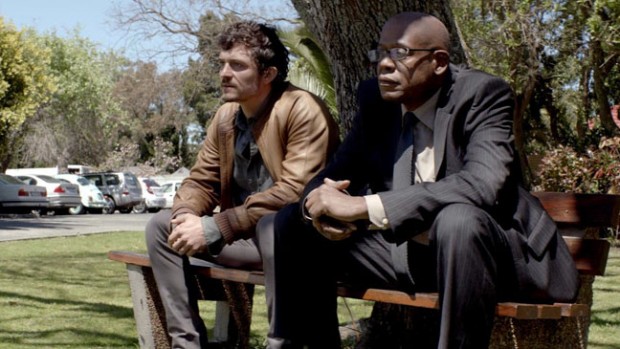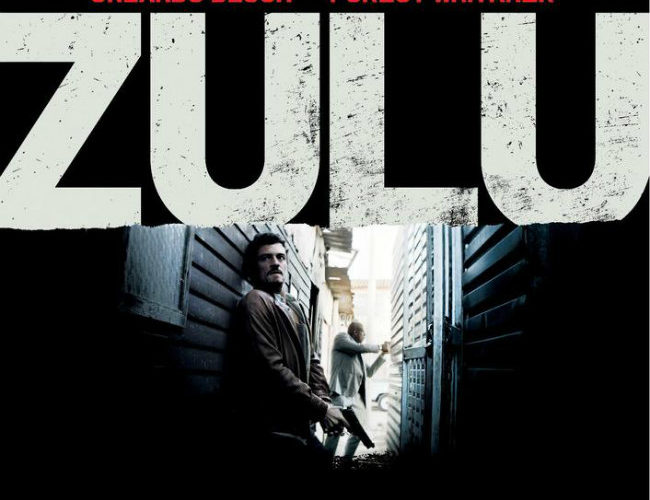The closing titles at the Cannes Film Festival have a certain notoriety for being clunkers, ones a studio will try to push out in the hopes of getting some final publicity glimmer as the event reaches its conclusion. So it was a refreshing surprise that this year’s closer, Zulu, proves to be a riveting and highly entertaining crime thriller with fantastic production value and performances. Directed by French helmer Jérôme Salle and adapted from the novel by Caryl Férey, the film is an exercise in fast-paced cinema that serves to further the concept of the necessity of forgiveness. Dealing with brutal violence, drug conspiracies and the ownership of territory, Zulu is an absorbing experience from beginning to end.
Taking place in South Africa, the action centers on two rugged detectives working the crime beat on the gang-ridden streets of this troubled country. Ali Sokhela — played by Forest Whitaker, with an accent that recalls his performance in The Last King of Scotland — is a detective haunted by his past. Plagued by disturbing memories of the tragedies of apartheid, including witnessing the brutal tire burning of his father, Ali does his best to bring swift justice to the criminals in his district. After the body of a rich, white, teenage girl is found in Cape Town, Ali teams up with his rugged partner, Brian Epkeen (Orlando Bloom), a brooding alcoholic who drowns his sorrows in swigs of booze. As the duo delve into the case, they uncover clues which lead them to the production of a new type of drug designed to kill off the African youths in the ghetto, propagated by one of the most dangerous gangs in the region.

Unflinching in its portrayal of brutality, Zulu is punctuated by moments of intense violence that hammer home tragedies that have occurred throughout South Africa’s tumultuous history. Salle is masterful at keeping intrigue high via roller-coaster pacing more typically associated with big budget action films. There is, too, a genuine sense of place that feels legitimate to South Africa, with the film showcasing two disparaging classes of people from rundown slums to majestic villas. All these elements coalesce rather nicely, creating a perfect storm of thought-provoking entertainment anchored by solid turns from Bloom and Whitaker.
There are a few cliché moments that sometimes pull one out of the experience, as Bloom’s character and conflict with his ex-wife and child feel a bit more one note than Whitaker’s inner turmoils, constantly struggling with nightmares from the past and supporting his mother living in a slum. Still, these are minor complaints for what is otherwise an overall engrossing experience, with Zulu proving to be a blistering thriller elevated by the context of history, providing an experience that is as thought-provoking as it is entertaining.

